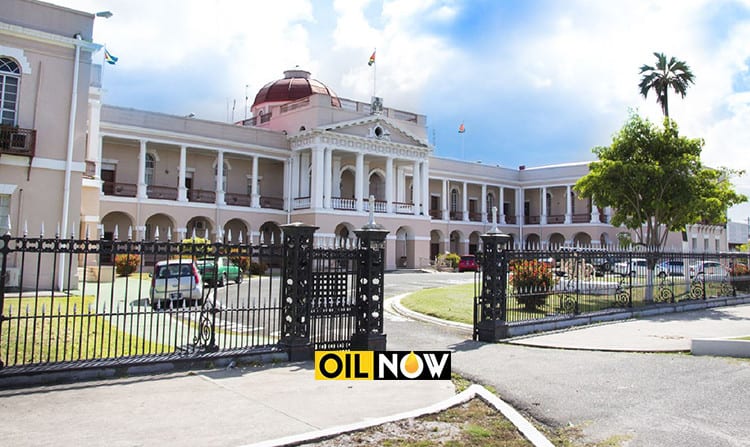With preliminary work for Guyana’s Gas-to-Energy project underway, the new proposed Petroleum Activities Bill includes a framework for the permitting of pipelines and plants to transport and treat petroleum. This has implications for investment decisions by ExxonMobil and partners on the Gas-to-Energy project.
The current Petroleum (Exploration and Production) Act, which will be repealed and replaced, speaks to plans for transportation of petroleum as part of oil companies’ proposed developments. However, there is no specific language about pipelines.
With the proposed law, the government would be able to grant rights for pipelines to be installed throughout Guyana’s territory, as part of development plans. The proposed law also allows for multiple operators to pursue mutual benefit from a single pipeline, or other facility used for the transportation, storage and treatment of petroleum.
The Minister would also be empowered to issue a pipeline construction and operation license independent from development approval. This suggests a framework that would allow for third parties to make business out of the transportation of petroleum via pipelines. Such business could also include the construction and operation of facilities for the treatment and storage of petroleum. The provisions, in this regard, would be applicable to the integrated gas processing facility to be installed at Wales as part of the Gas-to-Energy project.
The finalization of the framework for the Gas-to-Energy project has held back the final investment decisions (FID) of ExxonMobil and its co-venturers. Alistair Routledge, President of ExxonMobil Guyana has said the FID is awaiting the finalisation of revisions to documents concerning permitting for the Liza field projects. Given that the principal law governing the oil sector is being revamped, this finalisation will likely have to wait until the proposed law passes. This will take several weeks, pushing FID on Gas-to-Energy into the third quarter. Exxon and its partners have already hired contractors to lay the pipeline, and some preparatory work is underway.
The public consultation phase for the proposed law will span two weeks, commencing from Tuesday, 20th June and concluding on Monday, 3rd July 2023. It is expected to be passed into law in the third quarter.



